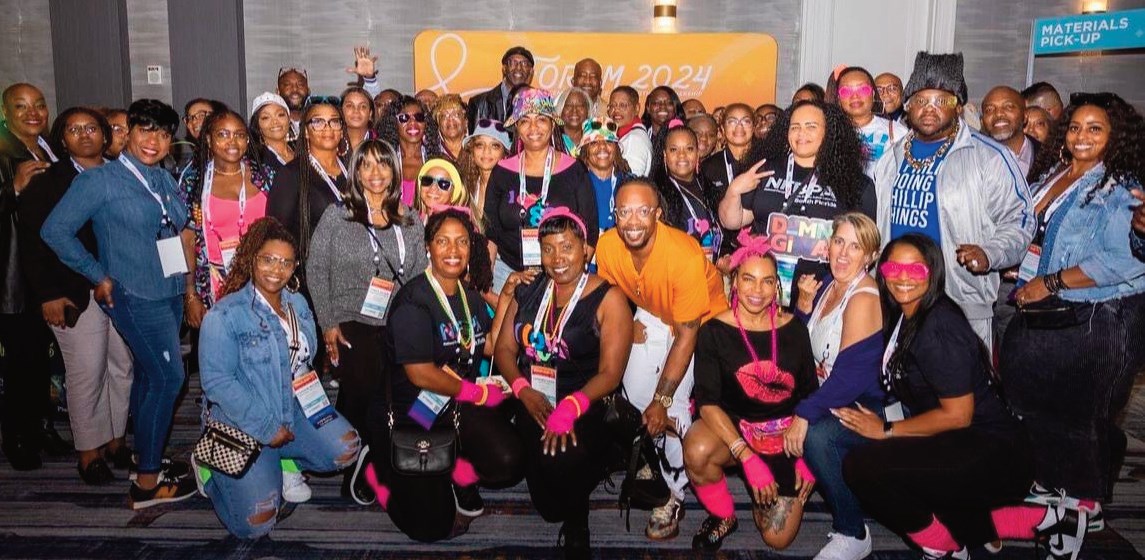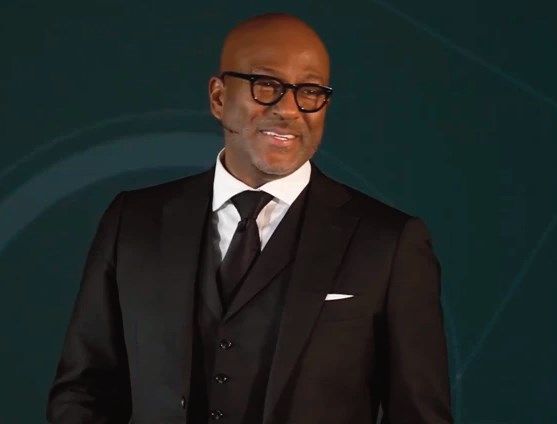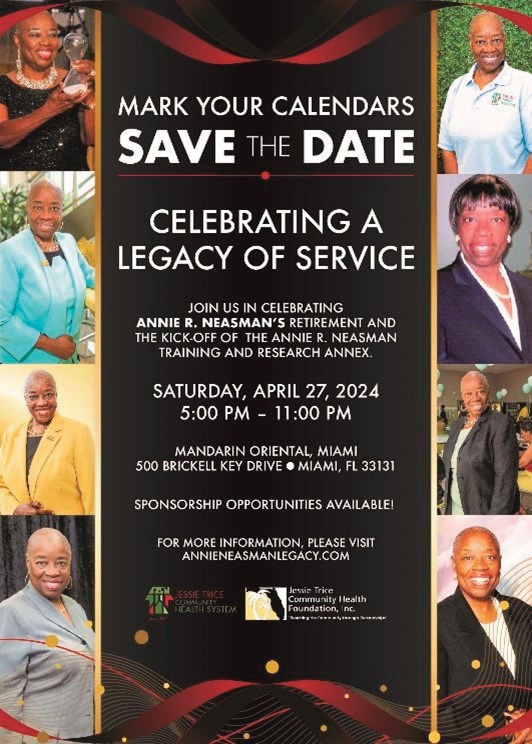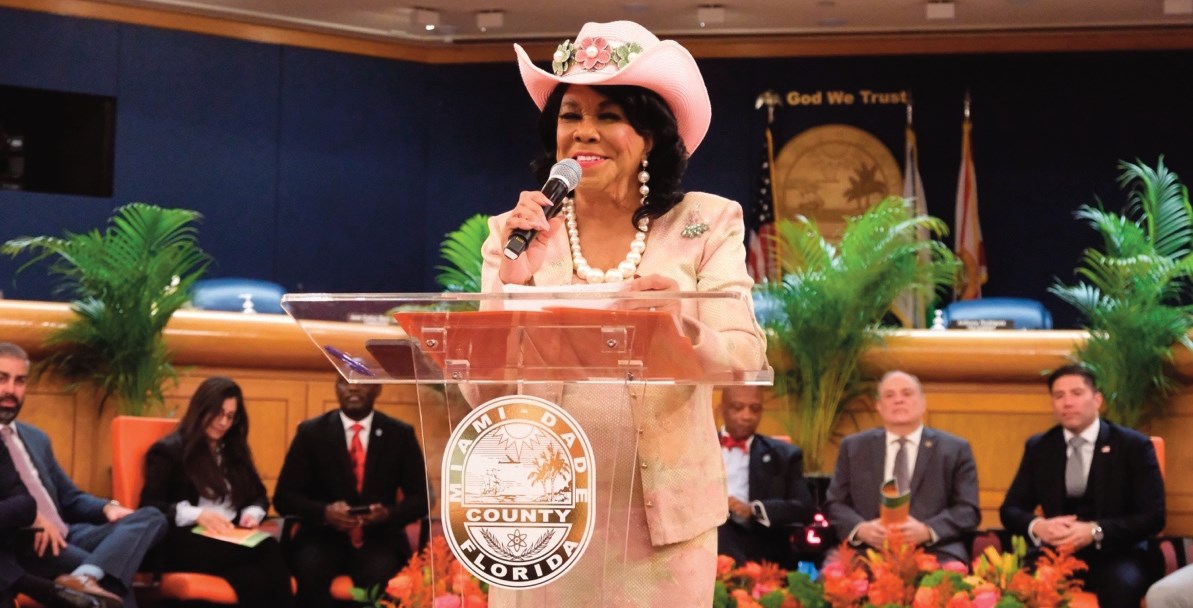 Special to South Florida Times
Special to South Florida Times
WASHINGTON — With small business owners and entrepreneurs in traditionally underserved communities continuing to face challenges accessing capital, the U.S. Small Business Administration has announced two new initiatives aimed at increasing SBA-backed loans to small businesses in these markets.
SBA Administrator Karen Mills also named Catherine L. Hughes, founder and chairwoman of Radio One Inc., and a former SBA borrower, to chair the agency’s new Advisory Council on Underserved Communities.
Hughes, the council’s head, is a Nebraska native who began a career in radio in 1969 at KOWH, a small black-owned radio station in Omaha. She came to Washington, D.C., as a lecturer at Howard University’s School of Communications and worked at several local radio stations before she and then her husband purchased a small D.C. station and turned it into Radio One. Later, Hughes bought out her husband and became sole owner, at one point moving into the station to make ends meet.
Today, Radio One owns 52 radio stations in major markets across the country, making the company the largest black-owned radio chain in the nation. In January 2004, Hughes launched TV One, a cable television channel targeted at the African-American community.
SBA and U.S. Department of Commerce studies have shown the importance of lower-dollar loans to small business formation and growth in underserved communities. With that in mind, the two new loan initiatives – Small Loan Advantage and Community Advantage – are aimed at increasing the number of lower-dollar SBA 7(a) loans going to small businesses and entrepreneurs in underserved communities. The agency’s most popular loan product, 7(a) government-guaranteed loans can be used for a variety of general business purposes, including working capital and purchases of equipment and real estate.
In conjunction with the implementation of these two new Advantage loan initiatives by March 15, the agency will end its existing Community Express pilot loan program on April 30.
“Over the last two years, we’ve seen lending to all small businesses tighten up and that tightening has been even greater in traditionally underserved communities, including among minorities, women and in rural areas,” Mills said. “These new Advantage initiatives are aimed directly at getting more loans into these markets so these small business owners can get the capital they need to start or grow their business and create good paying jobs in local communities across the country.”
Built on what the agency refers to as its “Advantage” platform, both Small Loan Advantage and Community Advantage will offer a streamlined application process for SBA-guaranteed 7(a) loans up to $250,000. These loans will come with the regular 7(a) government guarantee, 85 percent for loans up to $150,000 and 75 percent for those greater than $150,000.
Small Loan Advantage will be available to the 630 financial institutions across the country in the agency’s Preferred Lender Program (PLP). Under PLP, which includes most of the agency’s highest volume lenders, SBA delegates the final credit decisions to lenders.
With Community Advantage, the agency will expand the points of access small business owners have for getting loans by opening its 7(a) loan program to “mission-focused” financial institutions, including Community Development Financial Institutions, Certified Development Companies and non-profit microlending intermediaries.
Community Advantage will leverage the experience these institutions already have in lending to minority, women-owned and start-up companies in economically challenged markets, along with their management and technical assistance expertise, to help make their borrowers successful.
“These two new loan initiatives tackle a couple of factors we know exist when it comes to the challenges small business owners face,” Mills said.
“First, to add more incentive for lower-dollar loans in these communities, we are providing a streamlined process for lenders along with the regular 7(a) government guarantee. Second, we are taking steps that will increase the number of places small business owners in underserved communities can go to get loans. And also, with Community Advantage, we are making sure that the additional assistance some borrowers may need through counseling and technical assistance will be available.”
The new Advisory Council on Underserved Communities will consist of 20 members from across the country. Over the next few weeks, the SBA will accept nominations for members to serve on the council. They will provide a critical link between SBA and small businesses in traditionally underserved communities.
It is anticipated that members will reflect a variety of key sectors, including business owners, banking and finance, community development, nonprofit and academia. Member nominations may be e-mailed to underservedcouncil@sba.gov.
This feature was provided by the Small Business Administration.
Photo: Catherine L. Hughes












No Comment